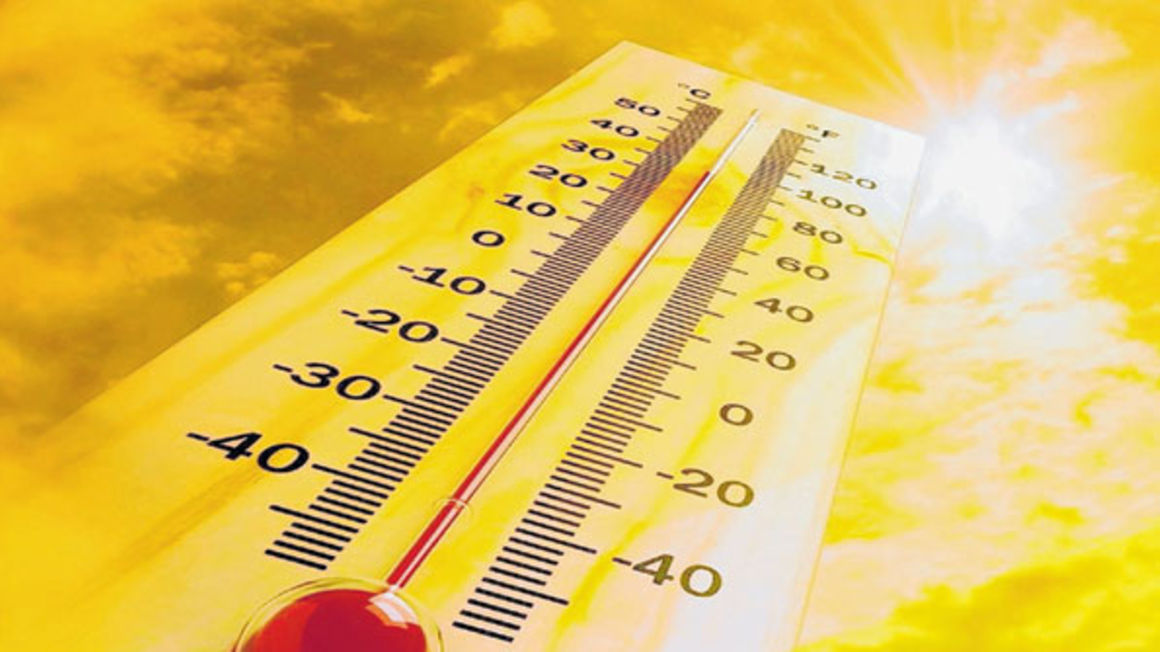TMA cautions over rising temperature

DAR ES SALAAM: THE Tanzania Meteorological Authority (TMA) has cautioned the public over rising temperatures in various parts of the country starting this February.
This week, the average temperature in most parts of Dar es Salaam, Coast Region, and Tanga reached 36.0° centigrade, which is alarmingly higher than the average.
The increase in temperature is linked to the movement of the overhead sun and a decline in rainfall.
In its issued statement, TMA explained that Tanzania typically experiences the peak of the overhead sun twice a year; at the end of November when the sun moves south towards the Tropic of Capricorn and in February when it moves towards the Equator.
TMA in its statement said these transitions cause significant temperature increases as the Earth’s surface in affected areas comes closer to direct solar radiation.
ALSO READ: TMA receives 24bn/- support for meteorological services
Data from TMA shows a persistent warming trend this February, with several regions recording higher-than-normal temperatures.
“As of February 11, 2025, the Mlingano meteorological station in Tanga recorded the highest temperature of 36.0°Centrigrade on February 5, marking an increase of 2.1°C compared to the long-term average for the month.”
Similarly, the statement indicated that “the meteorological station at Julius Nyerere International Airport in Dar es Salaam recorded a high of 35.0°C on February 10, an increase of 2.2°C.”
Other locations also reported temperature spikes: Tanga 35.1°C (2.3°C above average), Kibaha 35.8°C (3.0°C above average), and Kilimanjaro 34.3 ° C (0.6°C above average)
TMA also highlighted that increased humidity, particularly in coastal and nearby areas, has intensified the heat, making it feel hotter than reported.
“The increase in relative humidity, driven by ocean moisture, has contributed to the body feeling hotter than the reported temperatures,” it started.
With elevated temperatures expected to persist throughout February, especially in regions where the short rainy season (Vuli) has ended, TMA has urged residents to take precautions against extreme heat and related health risks.
“Periods of increased temperatures are expected to continue this month, and residents should take necessary measures to protect themselves from extreme heat, “it concluded.





